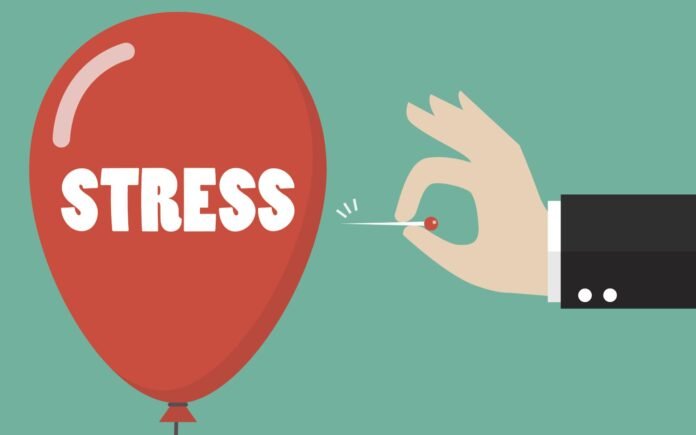Stress management is a wide spectrum of techniques and psychotherapies aimed at controlling a person’s level of stress, especially chronic stress, usually for the purpose of and for the motive of improving everyday functioning. Stress produces numerous physical and mental symptoms which vary according to each individual’s situational factors. These can include a decline in physical health, such as headaches, chest pain, fatigue, and sleep problems, as well as depression. The process of stress management is named as one of the keys to a happy and successful life in modern society. Life often delivers numerous demands that can be difficult to handle, but stress management provides a number of ways to manage anxiety and maintain overall well-being.
Exercise Regularly: Physical activity can help reduce stress by releasing endorphins, which are chemicals that improve mood and reduce feelings of stress and anxiety.

Practice Mindfulness: Being mindful means paying attention to the present moment and accepting it without judgement. This can help you become more aware of your thoughts and feelings, and can help you respond to stress in a more positive way.

Get Enough Sleep: Lack of sleep can contribute to feelings of stress and anxiety. Make sure you are getting enough restful sleep by establishing a consistent sleep schedule, creating a relaxing bedtime routine, and creating a comfortable sleep environment.

Eat a Healthy Diet: A healthy diet can help improve mood and reduce feelings of stress and anxiety. Eat plenty of fruits, vegetables, and whole grains, and limit your intake of sugary and unhealthy foods.

Practice Relaxation Techniques: There are many relaxation techniques that can help reduce stress, such as deep breathing, progressive muscle relaxation, and meditation. Find a technique that works for you and practice it regularly to help manage stress.


